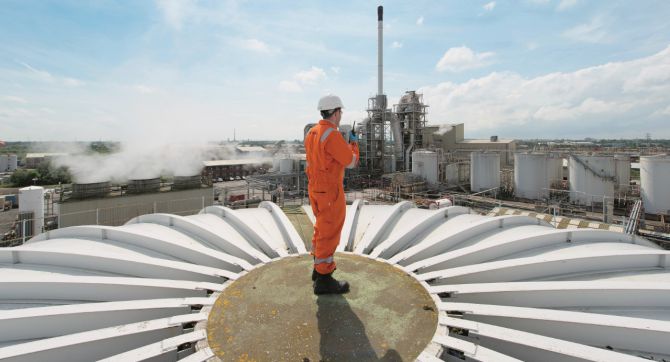
At its Ellesmere Port site Veolia is now using Lithium-Ion energy storage to improve the energy and environmental performance of its dedicated High Temperature Incinerator,
At its Ellesmere Port site environmental service firm, Veolia, is now using Lithium-Ion energy storage to improve the energy and environmental performance of its dedicated High Temperature Incinerator, HTI.
According Veolia the site is is one of the the largest of its type in the UK and is now i optimising energy efficiency and balancing the national grid with lithium-ion battery technology, highlighting the capabilities on this type of site for the potential future advantages for a range of energy intensive industries.
Treating 100,000 metric tonnes of hazardous waste at 1200°C Veolia’s waste to energy plant disposes of everything from laboratory waste, liquids and gases and contaminated electrical equipment. With the aim of reducing the grid demand from local heavy industry and nearby towns, the company realised that by introducing lithium-ion battery technology on the site it could lower demand on the local network.
The technology is said to provide cost savings by charging the battery during low cost off-peak times and using the stored electricity when peak electricity rates apply. Because of its reaction speed, and fast acting controls, it provides continuous stability for the National Grid by adjusting power flows at each millisecond to balance the surplus or lack of energy on the network.
Based on lithium-ion technology the battery unit is said to be capable of delivering 500kW/385kWh, equivalent to the energy required to power 1,000 homes or the output from 100,000 standard AA size batteries. It also provides a safeguard to the plant to maintain the essential load in the event of a power outage, and has the potential to export power to the grid.
Commenting on the project, Richard Kirkman, Chief Technology & Innovation Officer at Veolia UK and Ireland said: “This innovative project will help support the national ambition to decentralise, decarbonise and digitalise the grid whilst supporting overloaded grid networks.”
“As a working test-bed it has proved how the technology can help similar industries significantly improve their energy costs. On a wider scale the installation also shows how Veolia can leverage flexibility in power consumption and generation to generate extra savings, and give industry greater energy security as we transition to more renewable energy,” he continued.
Veolia added that balancing the demand for secure electricity supplies is now a key issue as the UK moves to using more renewable wind power that is inherently more intermittent than fossil fuels.
